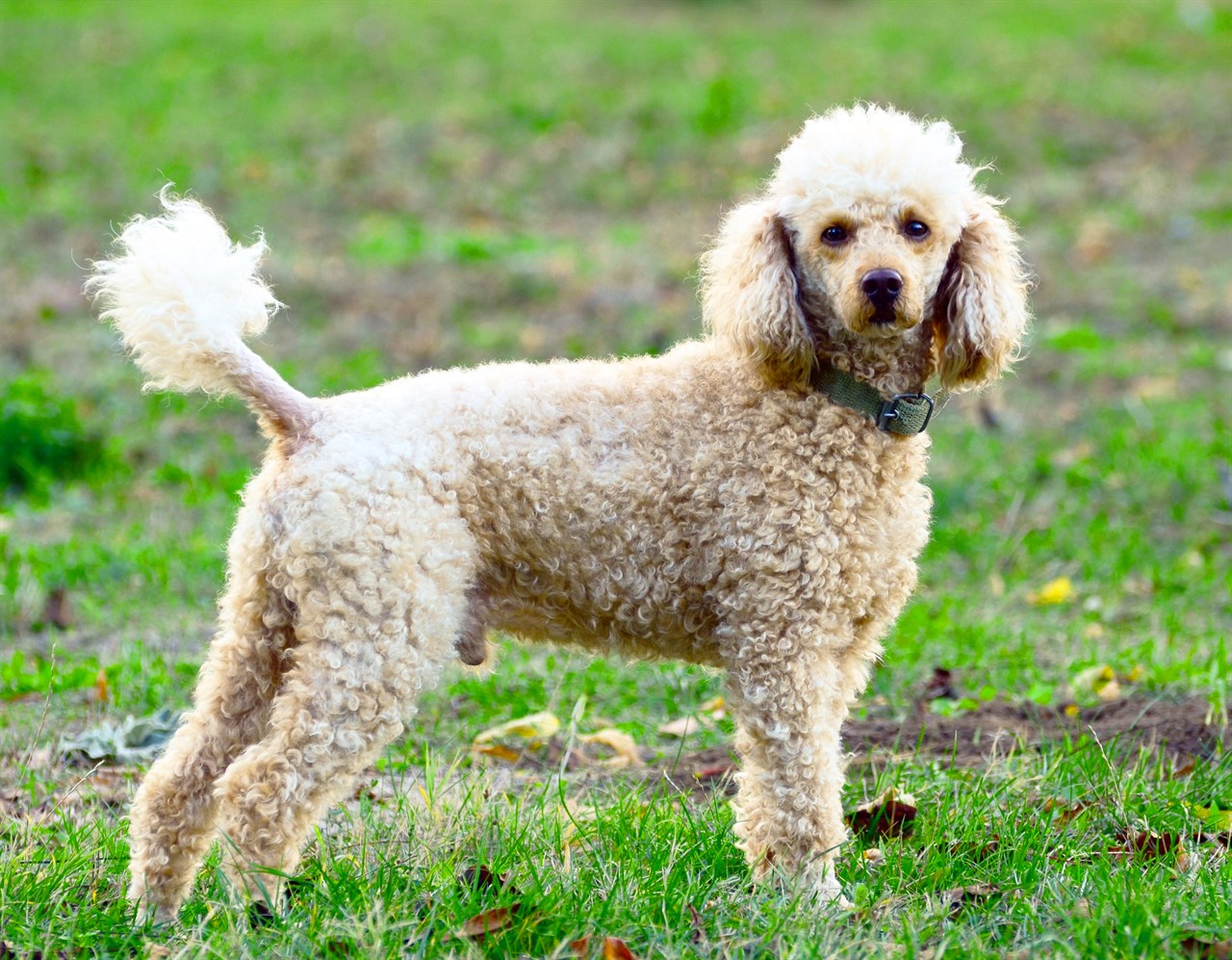Feeding Habits and Food Requirements of the Standard Poodle

Proper nutrition is essential for the health and well-being of your Standard Poodle. Their feeding habits and food requirements should be carefully considered to ensure they receive the nutrients they need to thrive.
Age and Life Stage
Poodles, like all dogs, have different nutritional needs at various stages of life. Puppies, adult dogs, and senior dogs each require specific diets tailored to their age, size, and activity level. Consult with your veterinarian to determine the best food for your Poodle's life stage.
High-Quality Dog Food
Choose a high-quality commercial dog food that meets the nutritional standards established by organisations like the Association of American Feed Control Officials (AAFCO). Look for a product that lists a high-quality protein source (such as chicken, beef, or fish) as the first ingredient and does not contain excessive fillers or artificial additives.
Protein
Poodles require a balanced diet that includes sufficient protein to support their muscle health. Protein sources should be easily digestible and of high quality.
Fat
Healthy fats are essential for your Poodle's skin and coat health, as well as providing a source of energy. Look for dog foods that contain moderate levels of healthy fats like omega-3 and omega-6 fatty acids.
Carbohydrates
While Poodles do not have specific dietary carbohydrate requirements, many commercial dog foods include carbohydrates like grains or vegetables as a source of energy. Some Poodles may have sensitivities to certain grains, so be mindful of your dog's individual needs.
Portion Control
Monitor your Poodle's portion sizes to prevent overfeeding or underfeeding. The amount of food your Poodle needs depends on factors like their age, size, activity level, and metabolism. Consult with your veterinarian to determine the appropriate portion sizes for your specific dog.
Avoid Table Scraps
It's best to avoid feeding your Poodle table scraps or human food, as this can lead to obesity and may not provide the necessary nutrients. Stick to a balanced and complete dog food formulated for their specific life stage.
Fresh Water
Ensure your Poodle has access to fresh and clean water at all times. Proper hydration is crucial for their overall health.
Special Dietary Needs
Some Poodles may have allergies, sensitivities, or specific dietary requirements. If your Poodle has any special dietary needs or sensitivities, work with your veterinarian to select an appropriate diet that meets those needs.
Feeding Schedule
Establish a consistent feeding schedule by feeding your Poodle at the same times each day. Avoid free-feeding, where food is available all the time, as this can make portion control challenging.
Monitoring Health
Keep an eye on your Poodle's weight and overall health. If you notice any changes in appetite, weight, or behaviour, consult with your veterinarian promptly, as these could be signs of underlying health issues.
By providing your Standard Poodle with a balanced and high-quality diet, maintaining portion control, and monitoring their overall health, you can help ensure they enjoy a long and healthy life. Always consult with your veterinarian for personalised dietary recommendations based on your Poodle's individual needs.
Poodle (Standard) puppies for sale
- Find Poodle (Standard) puppies for sale in ACT
- Find Poodle (Standard) puppies for sale in NSW
- Find Poodle (Standard) puppies for sale in NT
- Find Poodle (Standard) puppies for sale in QLD
- Find Poodle (Standard) puppies for sale in SA
- Find Poodle (Standard) puppies for sale in TAS
- Find Poodle (Standard) puppies for sale in VIC
- Find Poodle (Standard) puppies for sale in WA